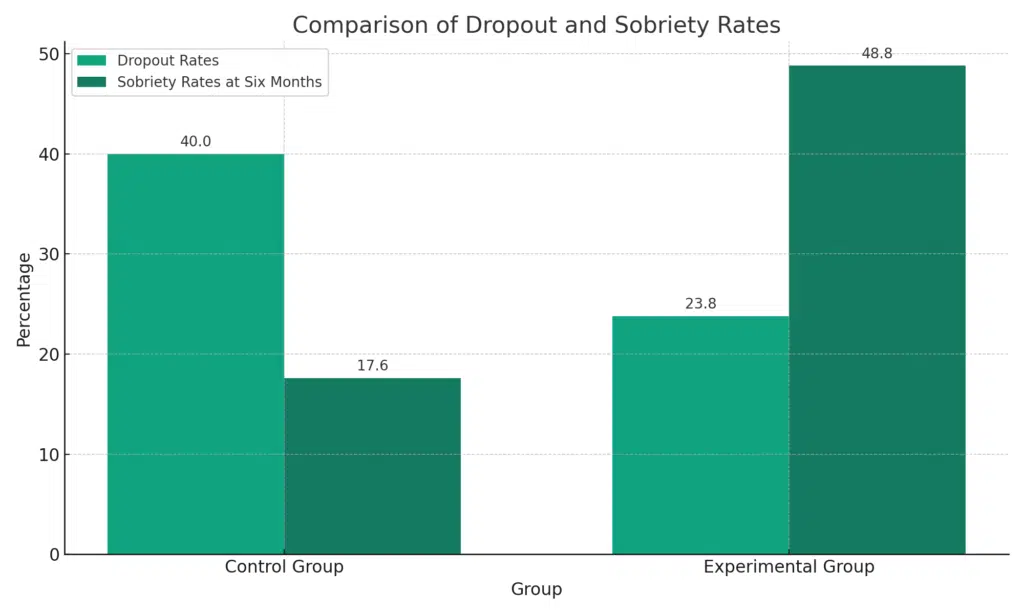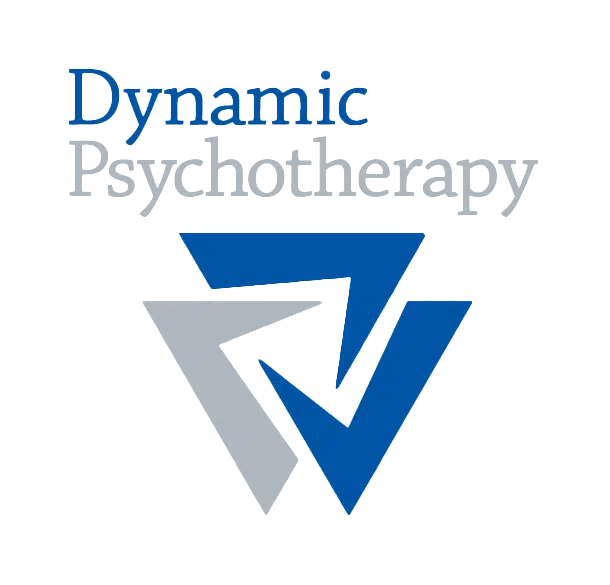Addiction Therapy: A Psychodynamic Approach

Understanding Addiction: Beyond Traditional Views
In today’s digital age, addiction extends beyond traditional issues like substance abuse, gambling, or sex addiction.
The advent of smartphones has introduced a new realm of addictive behaviours, where apps and websites transform natural, healthy activities into sources of dopamine release with just a tap.
This phenomenon is reshaping addiction, with children’s brains being particularly susceptible to dopamine deficits caused by frequent app usage.
Common Types of Addiction Addressed by Psychodynamic Psychotherapy
Following the introduction to the foundational principles of psychodynamic psychotherapy, it’s essential to recognize the diverse types of addictive behaviors this therapeutic approach can address. By delving deep into the unconscious motives and unresolved conflicts from past experiences, psychodynamic therapy provides a profound understanding and healing path for various addictions, including:
Sex Addiction Treatment
Psychodynamic therapy for sex addiction focuses on uncovering the emotional and relational voids that compulsive sexual behaviours attempt to fill.
By exploring past relationships, early childhood experiences, and deep-seated fears or desires, individuals learn to understand the root causes of their addiction.
This understanding allows them to develop healthier ways of seeking intimacy and expressing their sexuality, leading to more fulfilling personal relationships and self-acceptance.
Gambling Addiction Treatment
In treating gambling addiction, psychodynamic therapy delves into the symbolic significance of gambling and the unconscious conflicts it may represent, such as power struggles, a need for validation, or escape from reality.
Therapy aims to uncover and address these underlying emotional issues, helping individuals to develop healthier coping mechanisms for stress and emotional discomfort, and to find more constructive ways to fulfill their needs.
Drug Addiction Treatment
Psychodynamic therapy for drug addiction examines the emotional pain, trauma, or void that substances are used to mask or numb.
Through exploring the individual’s life history and unconscious motivations, therapy seeks to heal emotional wounds and provide the insight and tools needed to break free from substance dependency.
This approach fosters a deeper self-awareness and the development of inner resources for managing emotions and stress without relying on substances.
Pornography Addiction Treatment
Treatment for pornography addiction with a psychodynamic approach involves exploring the emotional disconnection and unmet needs underlying compulsive pornography use.
Therapy helps individuals understand the fantasies and escape mechanisms at play, addressing issues of intimacy, self-esteem, and unresolved conflicts.
By working through these deep-seated emotional drivers, individuals can establish healthier relationships and more authentic connections with themselves and others.
Gaming Addiction Treatment
Psychodynamic therapy for gaming addiction uncovers the emotional significance and escape the addiction provides from real-life challenges, such as feelings of inadequacy or anxiety.
By examining the individual’s personal history and the symbolic meanings attached to gaming, therapy helps to resolve underlying conflicts and develop alternative sources of satisfaction and achievement.
This approach encourages a re-engagement with the real world, fostering healthier relationships and coping strategies.
Through psychodynamic therapy, each type of addiction is treated by addressing the complex web of emotional issues and unconscious motivations that fuel addictive behaviours. This deep, introspective process offers individuals a path toward healing and recovery, grounded in self-understanding and emotional resilience.
The Cycle of Addiction: How Behaviours Hijack the Brain
Addiction begins with a desire to seek pleasure or achieve a goal through certain behaviours. Successful pursuit of these behaviours can hijack the brain’s reward system, making it difficult to stop even when the desired outcome is no longer achieved.
This cycle strengthens neural pathways, creating a ‘freeway’ in the brain with seemingly no exits, emphasizing the importance of professional intervention to break free from addiction’s grip.
The Role of Support in Recovery: Breaking the Stigma
One of the most significant barriers to addiction recovery is the stigma associated with seeking help.
A non-judgmental space for open discussion can be the first step towards recovery, highlighting the need for understanding the role of dopamine and the impact of trauma on addictive behaviours.
Professional guidance can offer invaluable insights into overcoming addiction through learning and understanding, not judgment.
Motivation and Recovery: Understanding Dopamine’s Role
Recovery involves understanding dopamine’s role in motivating substance or behaviour pursuit. By recognizing and interrupting this pursuit early, individuals have the chance to allow their brain to recover and develop healthier neural pathways.
However, the challenge lies in overcoming the design of addictive products, making professional support crucial for validating struggles and facilitating recovery.
The Challenge of Overcoming Addiction: Navigating the Path to Recovery
Addiction to substances or behaviours, especially those designed for addiction like sports betting apps, presents a significant challenge.
Professional support not only validates the difficulty of overcoming addiction but also offers strategies to reduce harm and manage urges or cravings, providing a tailored approach to restoring hope and facilitating lasting recovery.
Addressing Underlying Emotional Problems
Lasting change in addiction recovery involves addressing underlying emotional issues rather than simply moving on to new problematic behaviours.
Therapy focused on emotional well-being allows individuals to build the capacity to manage life’s challenges confidently, adopting healthier coping mechanisms for a more balanced and fulfilling life.

The Effectiveness of Addiction Treatment with Psychotherapy
The control group received the standard treatment as usual, focusing on detoxification, general counselling, and support services without specific emphasis on addressing underlying psychological issues or personality disorders.
The experimental group underwent an Intensive Short-Term Dynamic Psychotherapy (ISTDP) based program, emphasizing anxiety regulation, emotion recognition, handling fear responses, projective processes, and addressing features of personality disorders to improve recovery outcomes from drug addiction. This approach was hypothesized to increase treatment retention and decrease relapse rates by targeting comorbid symptoms of personality disorder alongside addiction.1
Frequently Asked Questions About Psychodynamic Therapy for Addictions
What distinguishes psychodynamic therapy for addiction?
Psychodynamic therapy for addiction focuses on exploring the unconscious motives, unresolved conflicts, and past experiences that may contribute to addictive behaviours.
This approach aims to uncover the root psychological causes of addiction, such as emotional pain, trauma, or relationship issues, and addresses them to facilitate healing and recovery.
It involves an in-depth exploration of an individual’s life history, emotions, and patterns of behaviour to gain insights and resolve underlying issues.
When should I consider psychodynamic therapy for my addiction?
You should consider psychodynamic therapy if you’re seeking a deeper understanding of the emotional and psychological underpinnings of your addiction.
This approach is particularly beneficial if previous treatments have not led to lasting change or if you feel that unresolved emotional issues drive your addictive behaviours.
Psychodynamic therapy can be especially helpful for individuals who experience recurring patterns of addiction or who have co-occurring mental health conditions, such as depression or anxiety.
What can I expect in my initial sessions of psychodynamic addiction therapy?
In your initial sessions, your therapist will focus on building a therapeutic alliance and creating a safe, non-judgmental space for exploration.
You’ll be encouraged to share your life story, including significant relationships, experiences, and events that have shaped you.
Your therapist will pay close attention to your emotional responses and the narratives you’ve constructed about your life, helping you uncover unconscious patterns and conflicts contributing to your addiction.
How long does psychodynamic therapy for addiction typically last?
The duration of psychodynamic therapy for addiction varies widely among individuals, as it deeply explores complex emotional issues and personal history.
The exact timeline depends on the depth of the underlying issues, the individual’s engagement in therapy, and their specific goals for recovery.
Is psychodynamic therapy effective in treating addiction?
Psychodynamic therapy can be highly effective in treating addiction, especially for individuals whose addictive behaviours are rooted in deep-seated emotional problems and unresolved psychological conflicts.
By gaining insight into the unconscious motivations behind their addiction and working through emotional pain, individuals can achieve a more profound and lasting recovery.
However, success in psychodynamic therapy requires active participation and a willingness to explore difficult emotional terrain, and it may be used in conjunction with other treatment modalities for comprehensive care.
- Frederickson, J., DenDooven, B., Abbass, A., Solbakken, O. A., & Rousmaniere, T. (2019). Pilot study: An inpatient drug rehabilitation program based on intensive short-term dynamic psychotherapy. Journal of Addictive Diseases, 195-201. https://doi.org/10.1080/10550887.2019.1658513 ↩︎
Request an Appointment
Ready to book an appointment? Use our appointment request form by clicking the button below.
